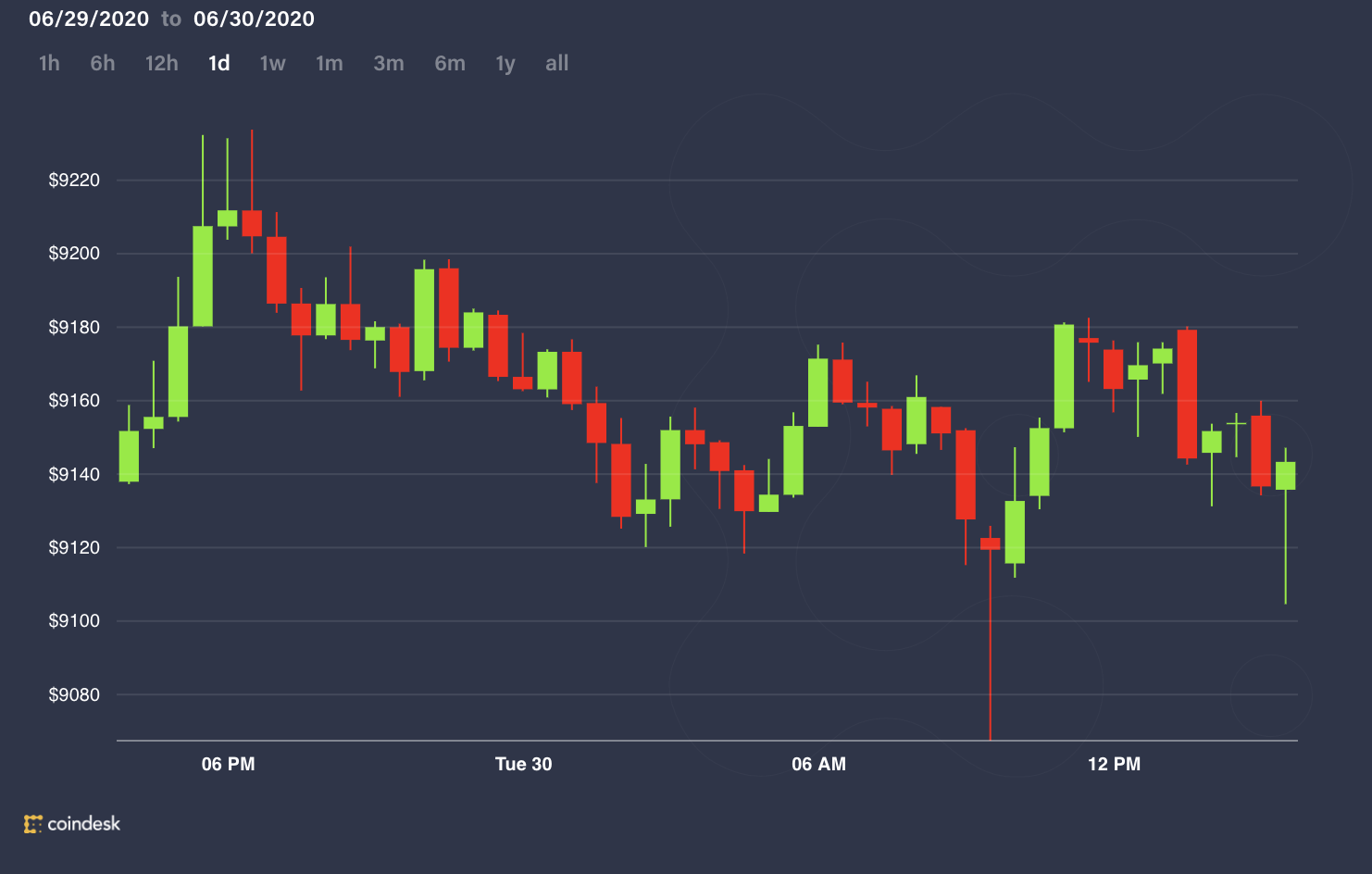The Basics of Trading and the Bull Run
If you're new to the Crypto Market, then you may find it difficult to understand its concepts and terminology. In this article, you'll learn the basics of trading and the Bull run, and you'll see what you need to do to become a successful trader. Then, get your hands on some of the most popular cryptocurrencies and start making money today! But before you jump into the Crypto Market, you need to understand the concept of leverage and how it works.
Terms
The crypto market is a complicated ecosystem, and understanding the terms can help you understand the different concepts that make up the cryptocurrency ecosystem. There are two types of markets - bullish and bearish. Bullish markets have a continuous upward trend, while bearish markets tend to fall steadily. Bear markets are associated with pessimism and high levels of uncertainty. By knowing what these terms mean, you can better prepare for an upcoming bear market.
Whale: This refers to those who own a significant amount of Bitcoin. Of the over two thousand Bitcoin addresses, only three are known as whales. These include Tim Draper, Barry Silbert, and the Winklevoss twins. Each has been advocating Bitcoin since the early 2010s, and all three are considered bitcoin whales. While the terms don't define specific trading activities, they are important for investors who are new to the crypto market.
Concepts
The Crypto Market is a thriving, dynamic, and lucrative market that's driving innovation and growth in nearly every industry. With a market cap of $300 billion, this new technology is growing by leaps and bounds. However, there are still a lot of people who are confused about all of the different terms and concepts, such as Cryptocurrencies, altcoins, NFTs, and crypto brokers. Let's take a closer look at what all of these terms mean and how they can benefit your trading.
Firstly, cryptocurrency is digital currency that has no central authority. It's secure and decentralized, and based on blockchain technology, which enforces a distributed ledger. Bitcoin is the first cryptocurrency, and has since become the role model for the entire industry. It also has a hard limit on its price, similar to the deflationary pressure of gold. Ethereum, on the other hand, is a utility currency that uses gas to reflect transaction fees.
Trading
As the world's economy is undergoing a digital revolution, it is only natural to expect cryptocurrency markets to be open at all times, including on weekends. While the global financial market typically closes on Saturdays and Sundays, cryptocurrency exchanges remain open 24 hours a day, seven days a week. However, you should be aware of cryptocurrency market hours to maximize your profit potential. In addition to standard trading hours, you should also keep in mind the peak trading volume for your chosen cryptocurrency.
Although the crypto market is still relatively small compared to forex trading, it has grown in popularity over the last decade thanks to the rise of social media and changing investor attitudes. By 2021, a new investor profile is expected to emerge, with millennials navigating personal finance headwinds, stagnant wages, and an overheated housing market. While this is a promising new trend, it must be tempered with a cautionary note.
Bull run
In the traditional exchange markets, the price of cryptocurrencies varies a great deal. The strong economy and low unemployment levels help create a bull market. However, the crypto space is a much smaller niche and often exhibits a certain behavior. Regardless of these factors, investors are more likely to invest in cryptocurrency during times of increased investor confidence. Therefore, these conditions are not always indicative of a bull run. When these conditions do occur, it is important to be aware of the risks and potential pitfalls of this market.
As many market participants have discovered, the cryptocurrency market has its fair share of pitfalls. The recent crypto winter, which saw market leaders like Bitcoin plummet by 90%, is the perfect time to take a closer look at the landscape. There are a number of new projects gaining steam, and long-term survivors should be carefully scrutinized. "Aping" is the term for investing in a project token without due diligence. This can be dangerous, as it can lead to the accumulation of tokens with little or no value.
Regulations
Governments have begun to regulate the crypto market in hopes of making it more stable and transparent. While these regulations may not prevent market manipulation, they do add transparency to the industry. The U.S. Treasury has recently introduced a new framework for international crypto regulation. President Joe Biden has signed an executive order to this effect. While crypto is still a risky investment, greater regulation will make it safer. In addition, it will provide better investor protections.
Despite the need for more regulation, some voices in the industry continue to call for greater support for the crypto market. One such advocate is Senator Peirce. While he has called for more regulation to protect the industry, he does not understand why a company that failed due to poor practices should get aid from the government. The senator has also discussed the benefits and potential costs of the collapse of the crypto market. The lack of regulation has created an environment for widespread fraud and scams.





Comments
Post a Comment